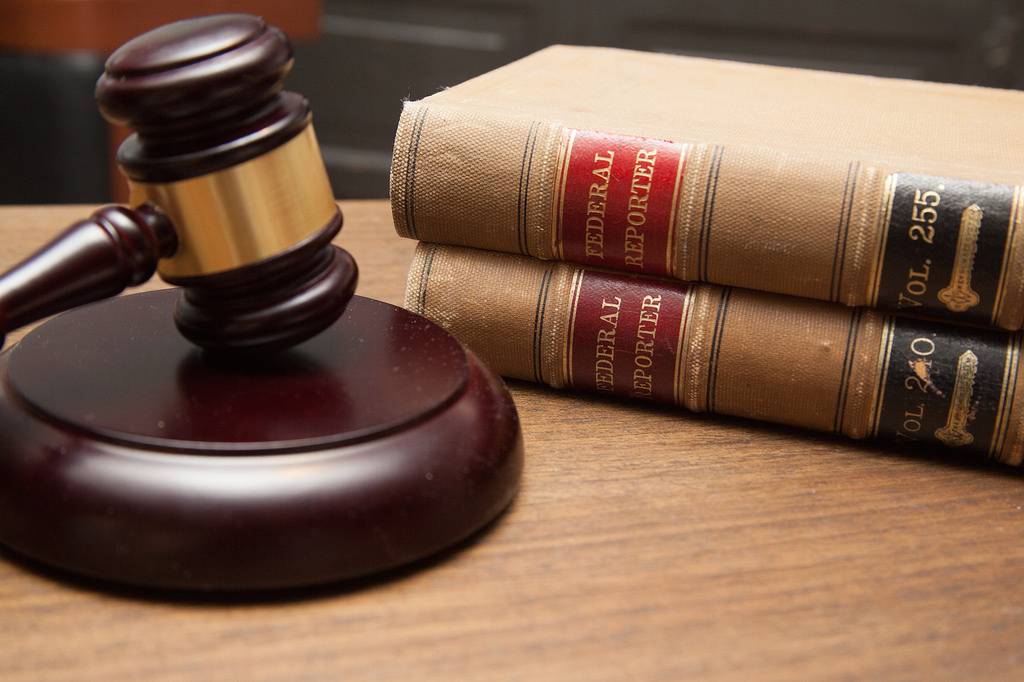In what is a first in Arizona judicial history, possibly nationwide, artificial intelligence has brought a lifelike rendering of a deceased victim for an impact statement during a sentencing hearing.
Christopher Pelkey, 37, was killed in a road rage incident in Chandler in 2021. Last week, his killer was sentenced to 10.5 years in prison for manslaughter. During sentencing, a nearly four-minute video was played in court, showing a digital recreation of Pelkey delivering a statement to his killer.
Victim impact statements are typically used during sentencing to inform the court about the emotional, psychological and financial consequences of a crime on the people it affected. Such statements are usually delivered to the family of victims to affect the sentencing of the convicted by sharing personal experiences and perspectives.
To create the video, Pelkey’s family used AI technology to use his likeness and to give him a voice, according to an article in ABC News. It was generated using a single photograph and audio from a YouTube video where he discussed PTSD. It displayed his head and torso, showing him facing the camera, wearing a hoodie and a ball cap.
“Just to be clear for everyone seeing this, I am a version of Chris Pelkey recreated through AI that uses my picture and my voice profile,” Pelkey’s likeness said.
The script for the video, written by Pelkey’s sister, sought to embody his penchant for forgiveness and compassion.
“It is a shame we encountered each other that day in those circumstances,” the avatar of Mr. Pelkey said. “In another life, we probably could have been friends. I believe in forgiveness and in God, who forgives. I always have and I still do.”
AI’s impact on the legal profession
As AI has begun to wind itself into society at large, it has also woven itself into the legal system. There has been a growing number of examples of its use in the courtroom.
More lawyers have gotten themselves in trouble using AI to prepare legal briefs and causing them to cite AI hallucinated case citations. This includes Morgan & Morgan, one of the top law firms in the United States, which warned its attorneys to be more careful after one of its lawyers blindly cited AI-faked case law earlier this year.
In another instance, a man in a New York appeals court acting as his own lawyer attempted to submit an AI-generated video to present his argument to the assembled panel of judges, without letting them know it was an AI avatar. According to The Associated Press, the justices roundly rejected the AI avatar speaking for him, saying they did not appreciate being misled.
Officials at the Arizona Supreme Court started using two AI-generated spokespeople in March to deliver court news in brief videos, such as case decisions and opinions. Although not directly related to the legal profession, it shows a growing comfort with AI entering the lives of court workers.
As for the use of AI in sentencing, it is completely new ground. Cynthia Godsoe, a professor at Brooklyn Law School and a former public defender who assists the American Bar Association with best practices, told the New York Times in an interview that she thought the use of AI was troubling.
“It’s clearly going to inflame emotions more than pictures,” Godsoe said. “I think courts have to be really careful. Things can be altered. We know that. It’s such a slippery slope.”
Other experts, such as Maura Grossman, a professor at the University of Waterloo, who studies the applications of AI in criminal and civil cases, told NPR that there probably weren’t any significant legal or ethical issues in the Pelkey case.
“Because this is in front of a judge, not a jury, and because the video wasn’t submitted as evidence per se, its impact is more limited,” she said.
Photo: weiss_paarz_photos
Your vote of support is important to us and it helps us keep the content FREE.
One click below supports our mission to provide free, deep, and relevant content.
Join our community on YouTube
Join the community that includes more than 15,000 #CubeAlumni experts, including Amazon.com CEO Andy Jassy, Dell Technologies founder and CEO Michael Dell, Intel CEO Pat Gelsinger, and many more luminaries and experts.
THANK YOU










